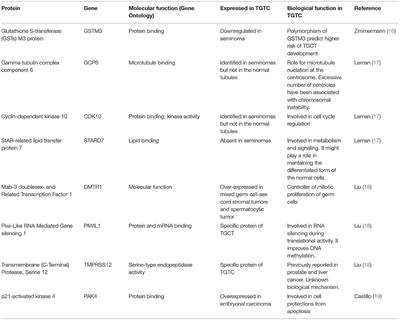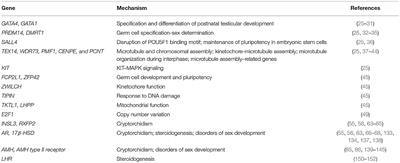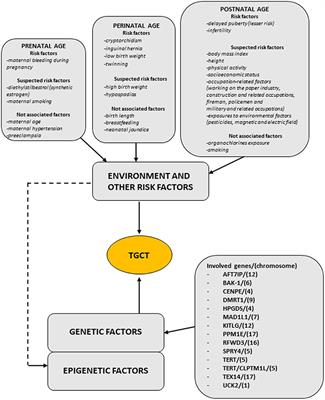CORRECTION
Published on 10 Jun 2021
Corrigendum: Editorial: Testicular Cancer: New Insights on the Origin, Genetics, Treatment, Fertility, General Health, Quality of Life and Sexual Function
doi 10.3389/fendo.2021.712499
- 826 views
19k
Total downloads
112k
Total views and downloads
CORRECTION
Published on 10 Jun 2021
EDITORIAL
Published on 07 Feb 2020
ORIGINAL RESEARCH
Published on 11 Sep 2019

ORIGINAL RESEARCH
Published on 07 Aug 2019

REVIEW
Published on 12 Jul 2019

REVIEW
Published on 02 Jul 2019

ORIGINAL RESEARCH
Published on 28 Jun 2019

CORRECTION
Published on 19 Jun 2019
SYSTEMATIC REVIEW
Published on 12 Jun 2019

CASE REPORT
Published on 12 Jun 2019

MINI REVIEW
Published on 06 Jun 2019

REVIEW
Published on 28 May 2019
